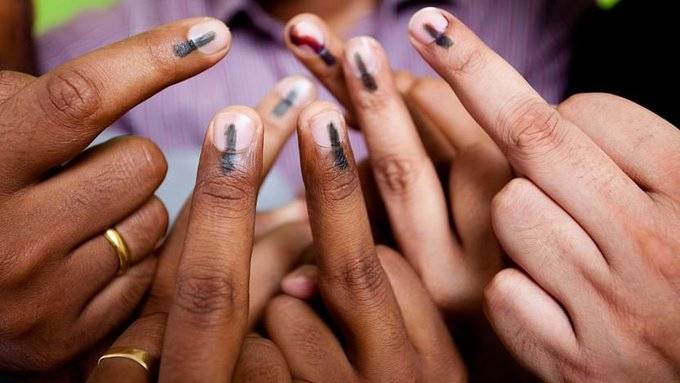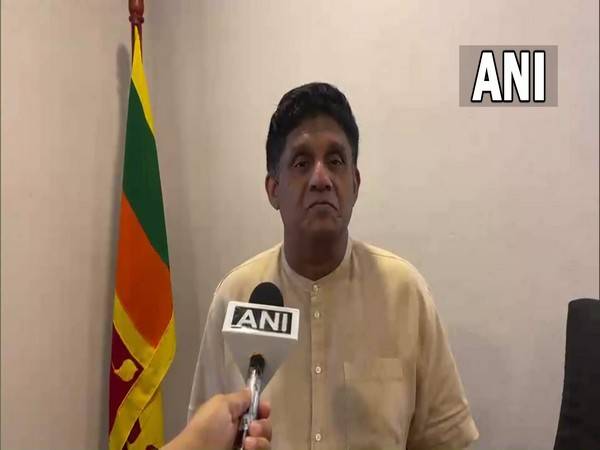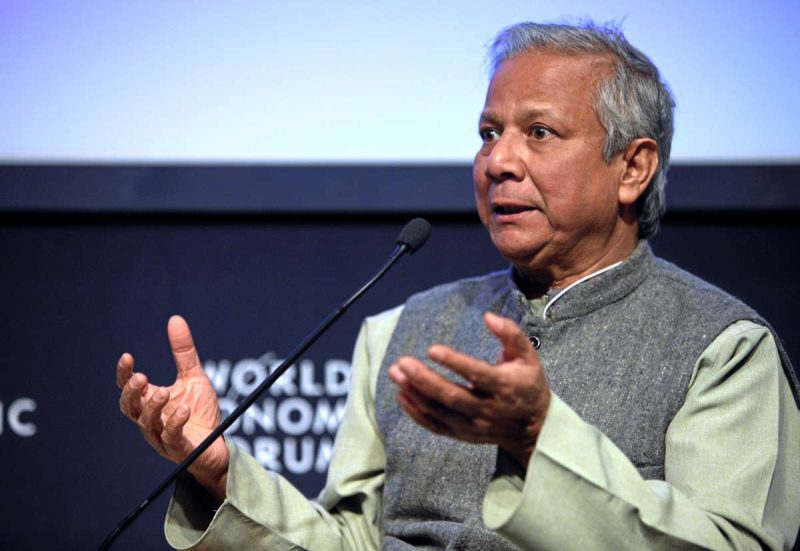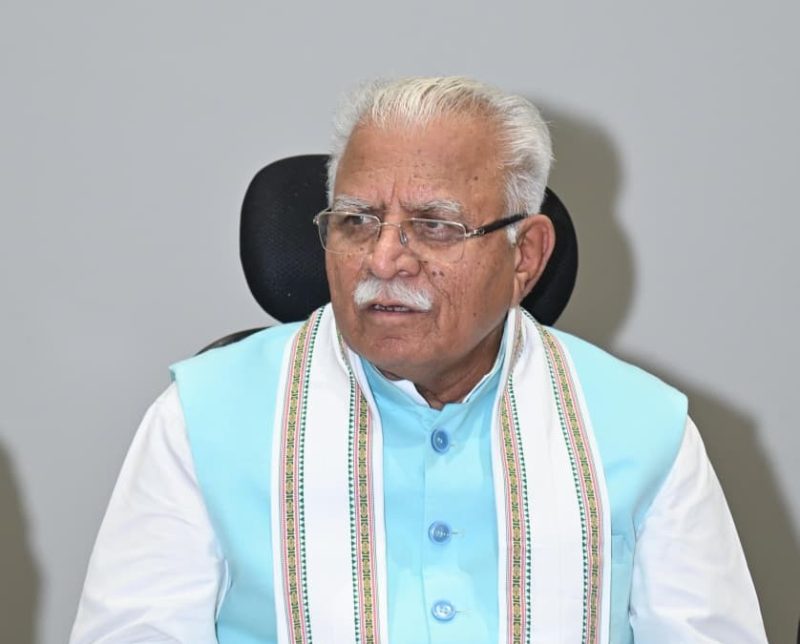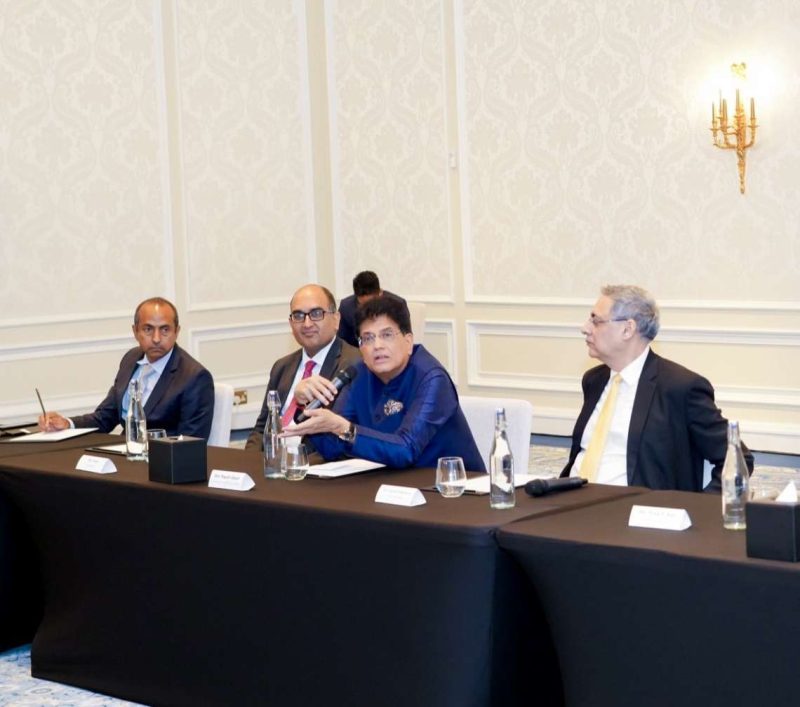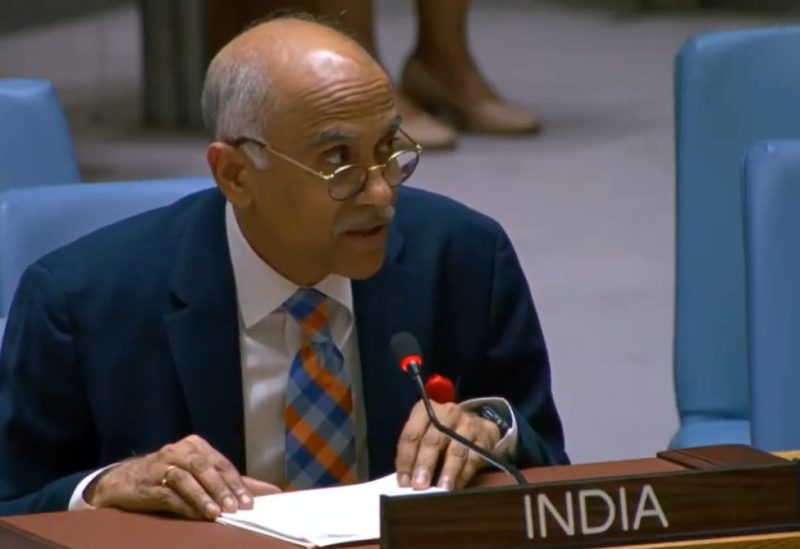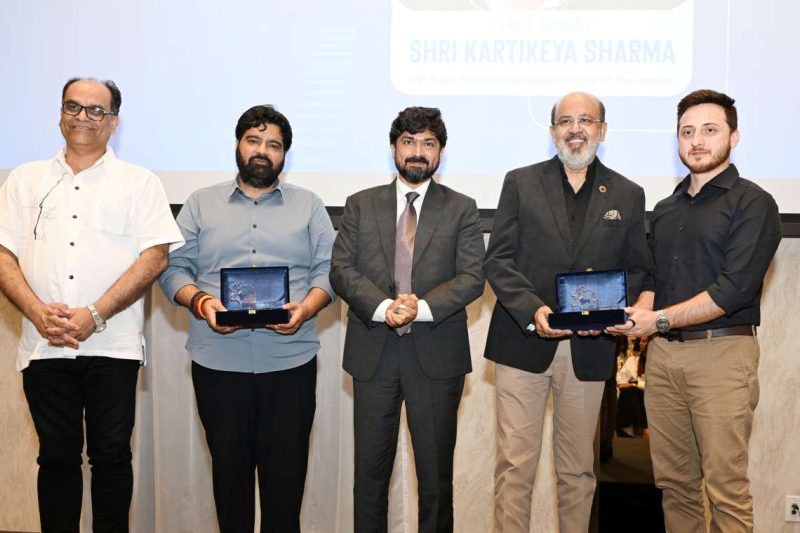Political parties know they always have the option to blame the Central government, if it refuses grants…reports Asian Lite News
Assembly elections are not natural calamities or disasters that require central assistance to meet the extravagant promises made by certain political parties in their manifestos just to lure voters and win these polls. It has become a trend for certain parties to make promises of free electricity, free water, free education, free travel, free cycles, free laptops, free scooties, cash credits etc in their manifestos for winning Assembly elections and once they win, then plead for funds from the Central government.
If this is not bribing voters, then what is it? Under which act are such manifestos are covered or is it that the lawmakers are above the law? Such political parties are very well aware of the financial condition of the state concerned but still they go ahead with their alluring promises – for they know they always have the option to blame the Central government for the fiasco, if it refuses grants.
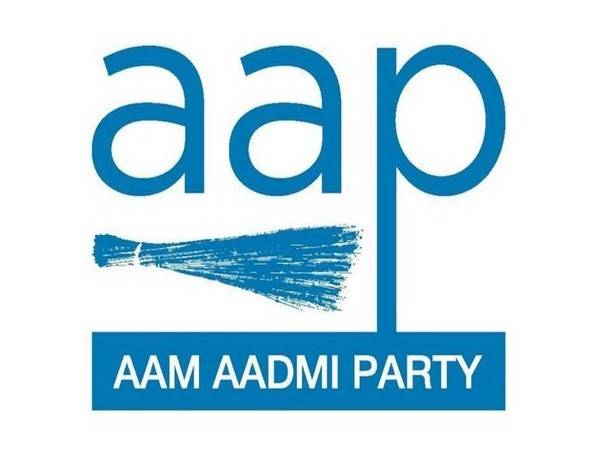
Promises by such political parties in their manifestos are nothing but propaganda. With MPs and MLAs being unable to spend even their development fund in 5 years, expecting them to execute another ambitious plan only showcases our ignorance and raises questions on our own understanding and purpose of elections.
Have we failed as a voter? Voting is our right, but who we vote for is meaningful too.
The voters who are already under financial stress, due to rising prices of essential commodities, or those who care nothing about who comes to power but only that their interests are met, go all out to vote for such parties. And political parties knowing such weaknesses of voters, are all out to capitalise on these factors.
There is still some hope if the Central and State government belong to the same party – the manifestos then, at least, make some sense. But if not, why the Central government would want to fund such commitments of opposition parties, knowing that these were responsible for their own party’s defeat in the Assembly elections?
Recently, the AAP won the elections in Punjab on the very same basis, with Delhi Chief Minister Arvind Kejriwal, who is also AAP national convener, and his star campaigners, promising a number of freebies to the voters of the state. The truth is that the already debt-ridden Punjab has no money to fulfil AAP election promises.
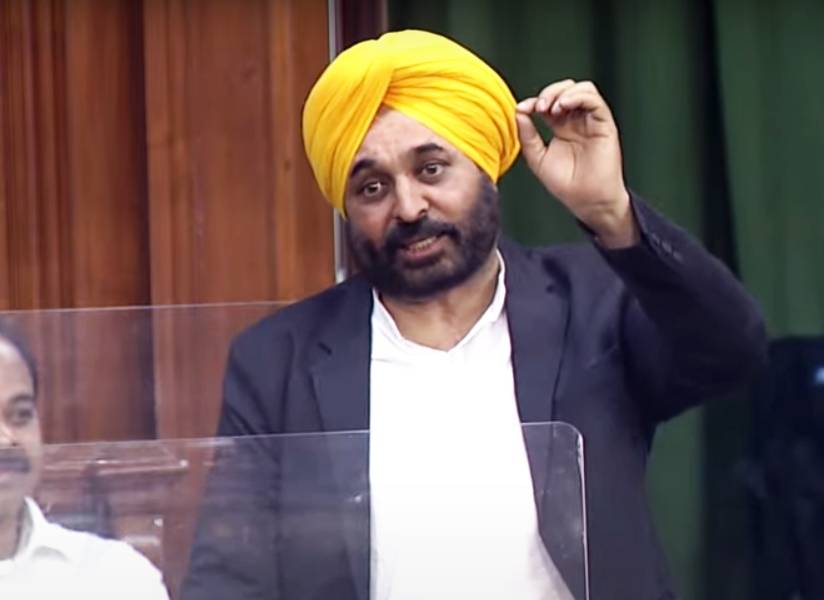
Punjab CM Bhagwant Singh Mann himself announced the AAP plan to fund promises made in the manifesto, before the elections. And now, post elections, he is asking Central government to help by providing financial grant to the extent of Rs 50,000 crore.
Some political parties have redefined the meaning of hypocrisy.
The game of freebies by political parties seems to be seeing no end. Sensing the situation, the Supreme Court had to intervene and had issued notice to the Election Commission over political parties wooing voters with the promise of freebies ahead of the Uttar Pradesh, Uttarakhand, Goa, Manipur, and Punjab Assembly elections.
It had observed that the promise of freebies was a “serious issue”.
The day is not far when Election Commission would start dissecting the manifestos of all political parties and might embargo parties towards asking grants for at least 3-4 years from Central government to fund their promised freebies. Of course, natural calamities or disasters exempted.
ALSO READ-AAP eyes Rajasthan after Punjab win


